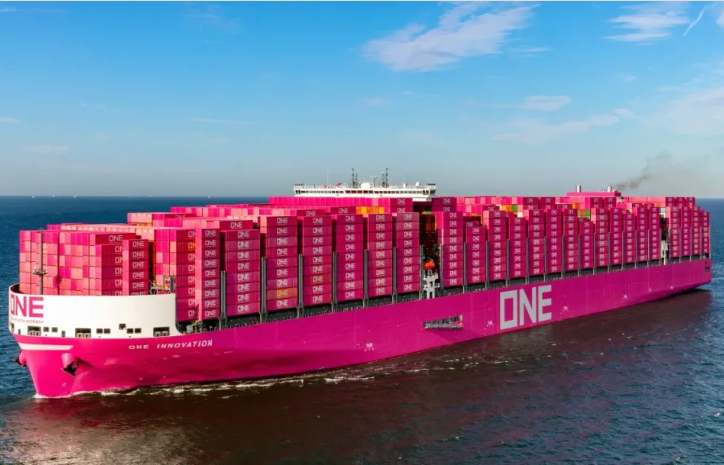A heatwave sweeping across Western Europe has caused water levels on Germany’s Rhine River to drop, disrupting shipping on this vital inland waterway. As vessels are unable to sail fully loaded, freight costs for cargo owners have increased.
Commodity traders are under mounting pressure as low water levels limit navigation across key points of the river, including south of Duisburg, Cologne, and the critical bottleneck at Kaub. In these areas, ships are operating at only 40% to 50% of their capacity.
With shallower waters, shipping companies have been forced to raise freight rates to offset the reduced cargo loads. More vessels are also needed to move the same amount of goods, further driving up costs for shippers.
The Rhine is a crucial route for transporting minerals, grain, ore, coal, oil products like heating oil, and other commodities.
This week, parts of Germany, including the Rhine region, are forecast to experience extreme heat, with temperatures in Cologne expected to reach around 40°C (104°F).
Traders warn that water levels may continue to fall in the coming days.
In 2022, similar heatwaves and droughts caused water levels on the Rhine to drop significantly, leading to major supply and production challenges for businesses.

Last
ONE to Launch New Greece Branch in November 2025, Enhancing Presence in Europe
According to an official announcement on July 1 via Ocean Network Express (ONE)’s website, the company will establish a new branch

Next
Maersk Fined $1.57 Million by Danish Court Over Unreported U.S. Merger
Denmark’s Maritime and Commercial High Court has fined global shipping giant Maersk 10 million Danish kroner (approximately $1.57
